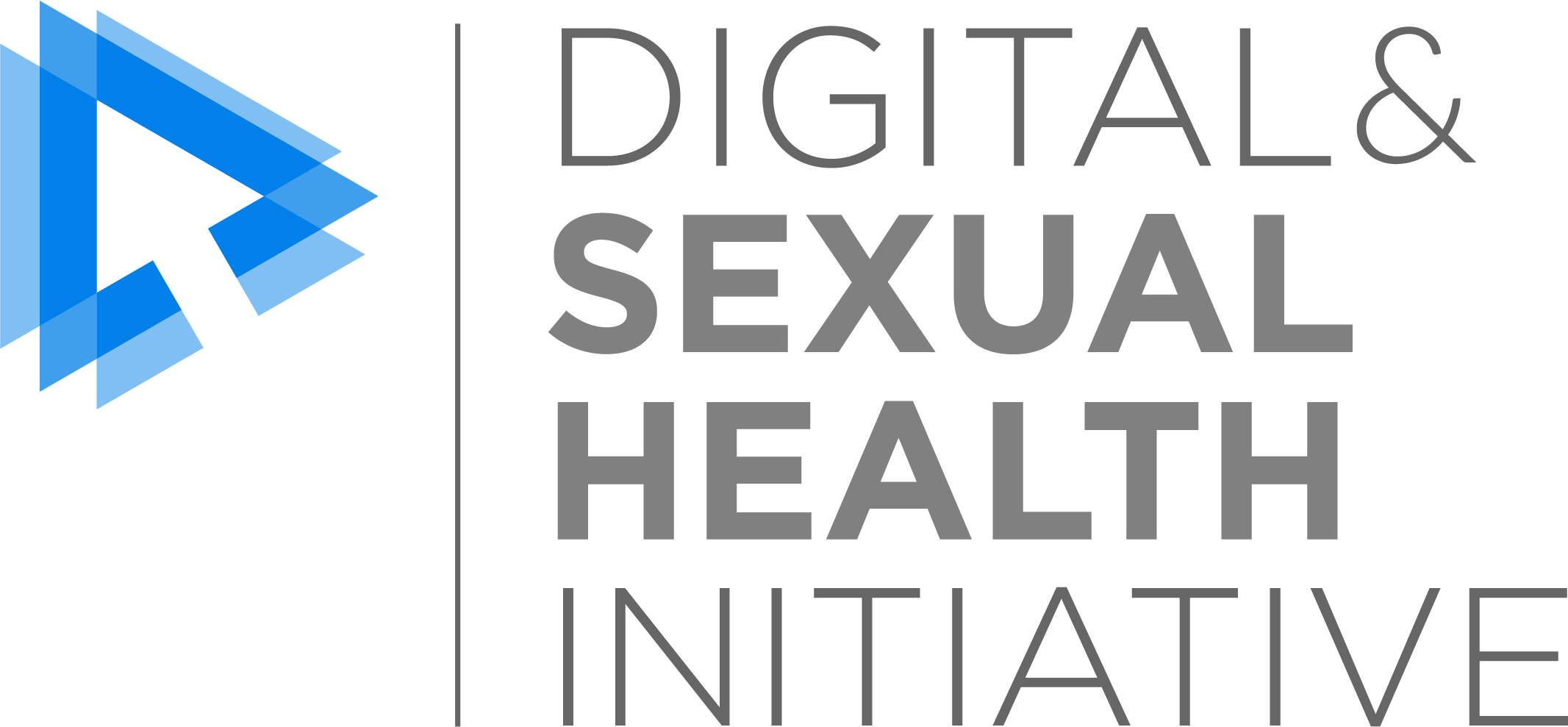“Click yes to consent”: Can we achieve informed consent for online testing for sexually transmitted infections?
Research theme(s)
Internet Based Testing
Amanda Bonnell, Devon Haag, Mark Bondyra, Janine Farrell, Melanie Achen, Elizabeth Elliot, David Unger, Mark Gilbert
Poster presentation. World STI & HIV Congress 2015, Brisbane, Australia. Sept 13-16, 2015.
Introduction
Achieving informed consent is integral to clinical testing, and imperative to consider when designing online testing services. We incorporated pre-test concepts necessary for informed consent into a new online STI/HIV testing service in British Columbia (GetCheckedOnline.com, GCO) and assessed the attitudes and understanding of this process.
Methods
English-speaking participants ≥19 years were recruited from Craigslist and among STI clinic clients for usability testing of a beta version of GCO, which included a webpage presenting 8 consent-related statements for review prior to printing a laboratory requisition. Participants were interviewed regarding their acceptability, perceptions, and understanding of the informed consent page; transcripts were analysed thematically.
Results
We conducted 14 interviews (8 males, 6 females; 11 self-identified as heterosexual; 8 previously tested at the provincial STI clinic). The consent page was acceptable to all and not perceived as a barrier or deterrent; many reported expecting to see a consent step in the process. While some viewed it as a formality or to reduce organisational liability, many participants were able to appropriately articulate the meaning and purpose of informed consent – perceiving it to be important for both the tester and the organisation, which for some led to increased trust and credibility of the service. Participants expressed the most concern regarding statements describing potential harms of testing and disease reporting. Compared to participants recruited through the STI clinic who related the step to their prior experience, participants with less testing experience generally demonstrated poorer understanding and awareness of concepts necessary for informed consent.
Conclusion
We argue that principles of informed consent apply equally in online testing programs as in provider-led interactions, and can be effectively achieved without detracting from the user experience. As online testing models evolve, understanding how better to meet the informed consent needs of less-experienced testers is critical.
